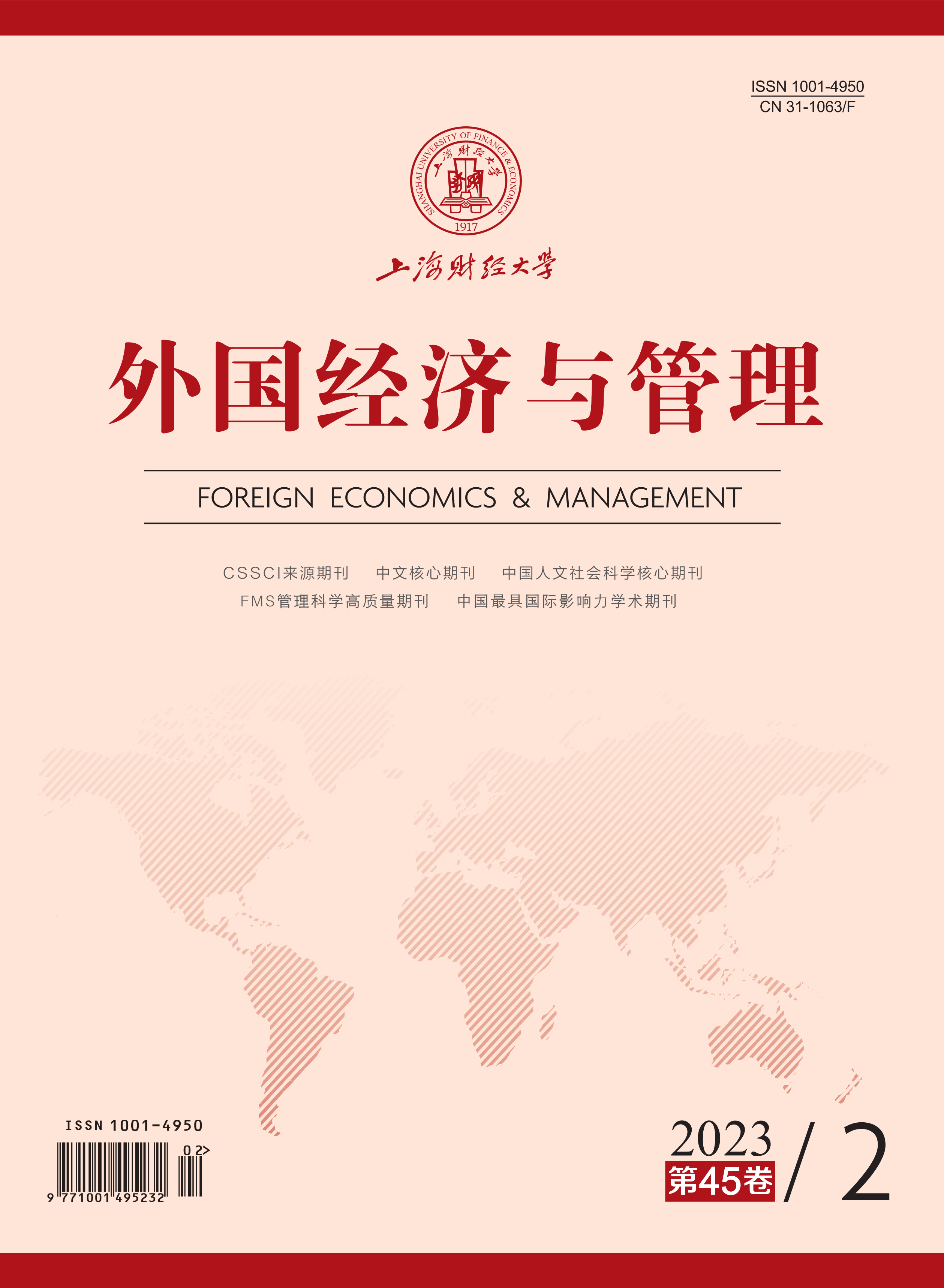Platform-based firms have become a typical representative of the rapid development in the digital economy by leveraging digital technology to precisely match user needs, aggregate market resources, and maintain competitive advantages. As a new organizational form, most studies have focused on the business models, network effects, and pricing strategies of platform-based firms. However, it is still difficult for existing research to answer the question of why platform-based firms are emerging and growing rapidly in the digital economy, which means that the mechanism and nature of the birth of “platform-based firms” have been ignored by scholars. Therefore, the question in this paper is: Why do platform-based firms continue to emerge in the digital economy and what are the special corporate characteristics behind them?
This paper adopts a case study approach and selects Meituan, a comprehensive platform company, as the case study object. As one of the first platform companies born in the era of digital economy, Meituan provides a representative sample for the case study. The research follows the triangulation principle in the data collection process, and cross-checks the same facts or logical relationships by collecting primary and secondary data such as interviews and on-site visits which can build a logical and rigorous evidence chain. In the specific data analysis process, first-order coding, second-order coding, and theoretical coding are used to complete the data analysis, and the coding process is analyzed iteratively to revise or improve the coding process, so as to strengthen the theoretical analysis and argumentation of the coding relationship.
The results show that: Platform-based firms are a set of property right contracts with superior transaction costs, which define the property right attributes of unused resources in the market and facilitate transactions among property right holders through the form of contracts. The emergence of digital technology enables platform-based firms to quickly identify and develop the value of unused resource property attributes, and then segment and integrate different resource property attributes to efficiently match the supply and demand value chains to meet the transaction needs of bilateral markets. By reducing the costs of identifying, developing and integrating resource property attributes, digital technology enables large-scale resource property transactions and leads to the birth of platform-based firms in the digital economy.
The contributions are that: First, this paper expands the nature and connotation of platform-based firms. That is, platform-based firms in the era of digital economy are a set of resource property right attribute contracts with superior transaction costs. Second, this paper constructs the birth mechanism of platform-based firms, which also helps to answer the market phenomenon of “tendency to monopoly” of platform-based firms. Third, this paper deepens the understanding of the resource bricolage theory. The findings also inspire business operators or entrepreneurs to shift from thinking about resource appropriation to exploring and developing the value of unused resource property attributes to enhance the long-term advantages of firms.





 4100
4100  3407
3407

